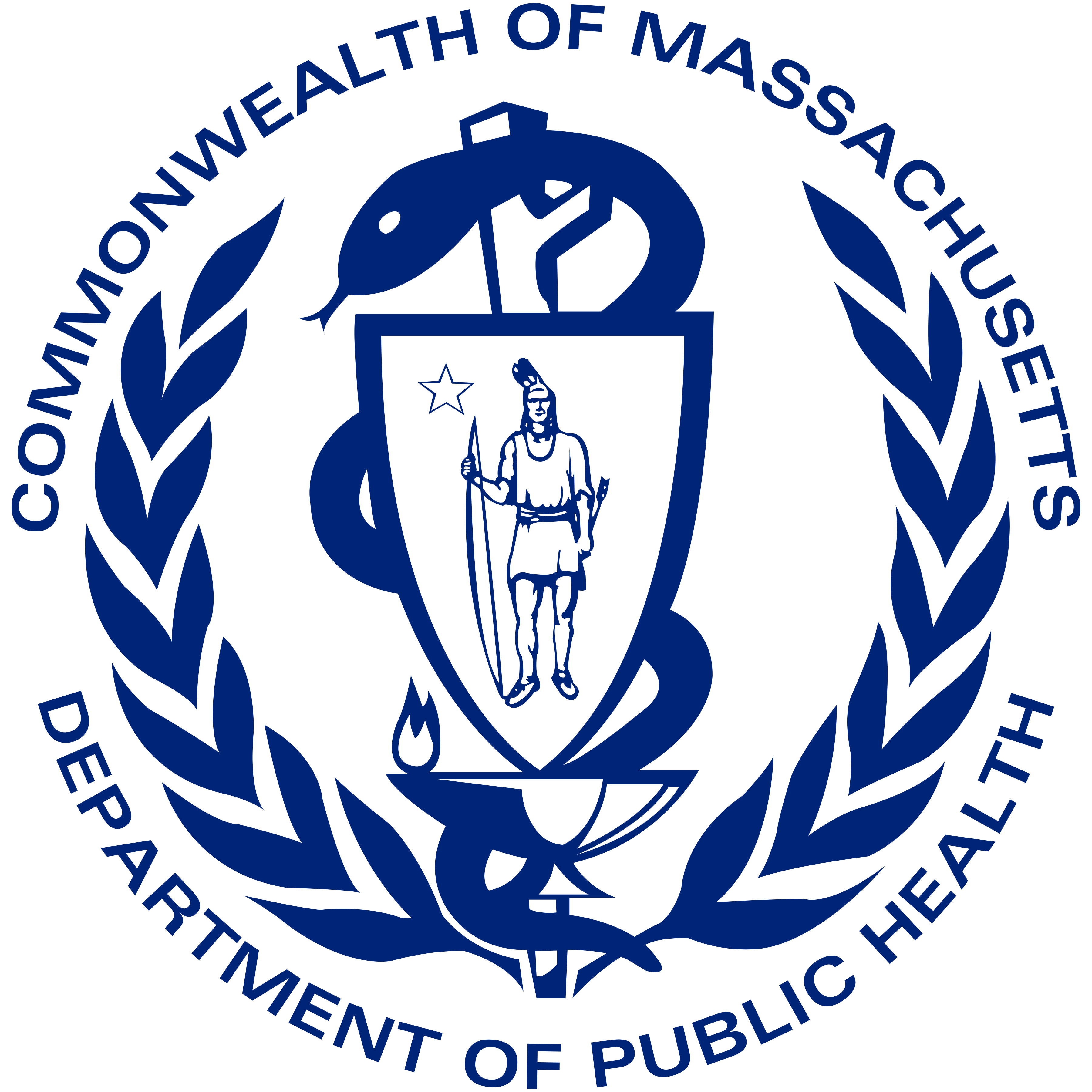- Department of Public Health
Media Contact
Katheleen Conti, Assistant Director of Media Relations
BOSTON — Family members and friends of those who have died from overdoses gathered today on Boston Common with public officials and community members from across Massachusetts to observe Overdose Awareness Day, an annual international event held in remembrance of lives lost to overdose. More than 22,000 purple flags were planted in memory of Massachusetts residents who have lost their lives from overdoses over the past decade.
“Overdose Awareness Day is a somber reminder of the hope and resilience that exists alongside the grief of losing a loved one to overdose,” said Governor Maura Healey. “Just one loss to overdose is too many, and Massachusetts remains committed to investing in evidence-based approaches to promote harm reduction, treatment, recovery, and prevention.”
“Today, we remember the lives lost and the families forever changed as a result of drug overdose,” said Lieutenant Governor Kim Driscoll. “Overdoses are preventable, and in honoring those we have lost, we also reaffirm our commitment to supporting proven strategies that aim to reduce stigma and help save lives.”
A collaborative effort of the Department of Public Health (DPH), Boston Public Health Commission, and Boston Medical Center, the event, now in its fourth year, joins others across the state and the nation in raising awareness of the sweeping impacts of overdose deaths on individuals, families, and communities.
Following a moment of silence in memory of those lost, Secretary of Health and Human Services Kiame Mahaniah, MD, State Representative Kate Donaghue, Commissioner of Public Health Robbie Goldstein, MD, PhD, Boston Public Health Commissioner Bisola Ojikutu, MD, MPH, and Director of DPH’s Bureau of Substance Addiction Services (BSAS) Deirdre Calvert, MSW, LICSW, participated in a poignant ceremony, and pointed to the recent encouraging downward trends in overdose deaths in the state as both a source of hope and a call for continued efforts to prevent overdoses.
According to CDC data released in May, opioid-related overdose deaths in Massachusetts decreased by 36.3 percent in 2024, falling to the lowest levels since 2013.
“This encouraging news is a testament to the tireless dedication of the providers, programs, peers, and community members who do this work each and every day,” said Secretary Mahaniah. “And while a source of hope, these trends are also a call to action to the state to reaffirm its commitment to supporting and expanding access to the resources that we know work to prevent overdose, reduce harm, and promote dignity for those who use substances.”
August 31 has been officially proclaimed as Overdose Awareness Day in the Commonwealth since 2022. Secretary Mahaniah presented this year’s proclamation to Michelle and David Dunn, who, following the 2013 opioid overdose death of their daughter, Alyssa, established Alyssa’s Place, a volunteer-driven peer recovery and resource center in Gardner.
The commemorative flags, along with resource tables offering harm reduction, substance use prevention, and recovery support resources, will remain in place on the Common through September 2.
“Recent trends show us that when we invest in harm reduction and in approaches that promote the health and safety of those who have substance use disorders, it works,” said Commissioner Goldstein. “The flags planted here today are a reminder of the loss we have experienced and of the work that must continue. We need more harm reduction services, not less. More safe places for people to live. More supportive peer communities that invest in treatment options. These proven and compassionate services can spare more Massachusetts families the heartbreak of losing someone to overdose.”
The Healey-Driscoll Administration is committed to supporting public health strategies and resources to address substance use and substance use disorders. The Administration has invested more than $1 billion in substance use prevention, harm reduction, treatment, and recovery programs across the state.
Since January 2023, this commitment has included funding six comprehensive mobile addiction treatment programs, over 450,000 naloxone kits for community organizations, 40,000 naloxone kits for first responders, and 905,000 fentanyl test strips for community use. Additional supports include funding SafeSpot, a virtual spotting hotline that as of July 2025has detected 23 overdoses. Other investments include supporting access to residential, outpatient, and other forms of treatment through the licensing and regulation of approximately 500 treatment programs, and supporting and funding access to low-threshold housing, as well as 39 peer-recovery support centers.
“It is impossible to capture the uniqueness of each individual represented by these flags – or the grief that we feel at their loss,” said BSAS Director Calvert. “Overdose Awareness Day represents a time when communities can come together to look to each other for comfort and strength and to draw resilience for the work that lies ahead.”
Learn more about Massachusetts’ efforts to address substance use disorders and reduce stigma.
International Overdose Awareness Day ushers in a series of related observances throughout the fall. This includes Recovery Month in September, which celebrates stories and strategies of recovery and healing, as well as Prevention Month, which is held in October, with the aim of bringing communities together to highlight the positive effects of prevention efforts and inspire related action.
Learn more about Recovery Month celebrations and events in the state. Prevention Month events information will be available soon.
If you are struggling with substance use, or have a family member, a friend, a neighbor, or a colleague who may need help and support, please call the Massachusetts Substance Use Helpline at 800-327-5050, or visit www.helplinema.org.
###
